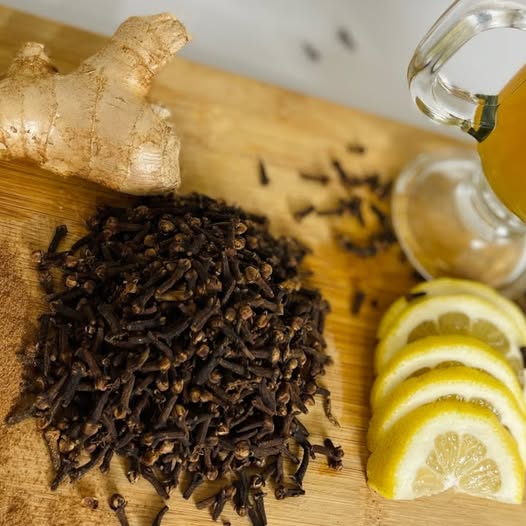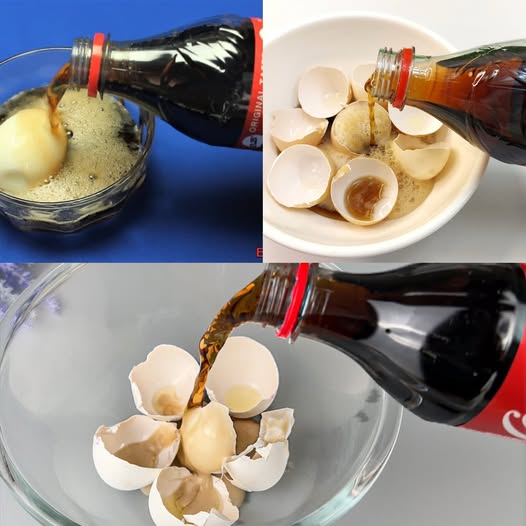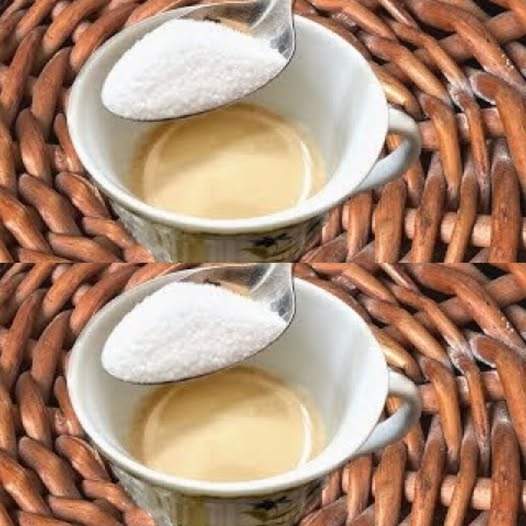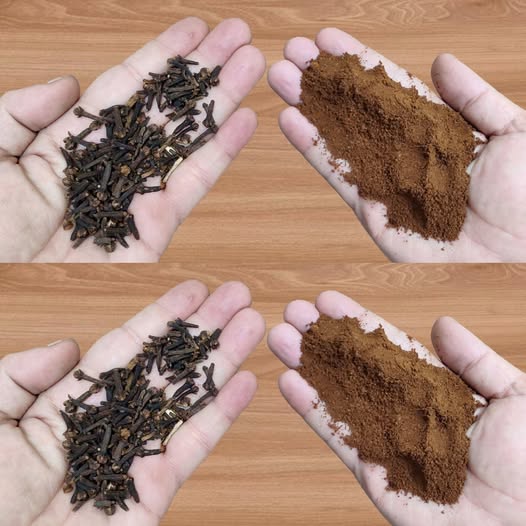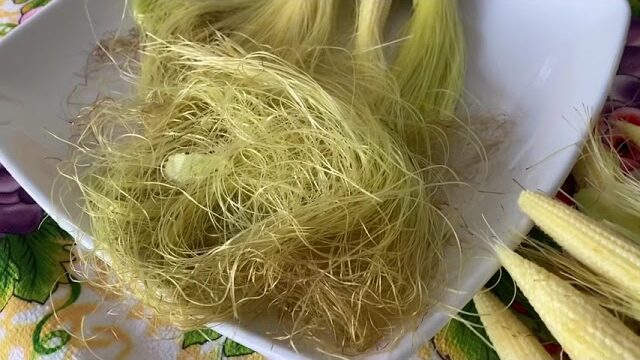
Corn silk, the long, silky fibers found at the top of an ear of corn, is often overlooked as a byproduct of corn harvesting. However, this natural material has been used in traditional medicine across various cultures for centuries due to its potential health benefits. Here’s a look at some of the therapeutic properties and uses of corn silk:
1. Diuretic Properties
Corn silk is well-known for its natural diuretic properties, which help promote urine production. This can be beneficial for flushing out toxins from the body and reducing bloating. It’s often used to treat conditions like urinary tract infections (UTIs) and can help in managing water retention.
2. Supports Urinary Health
Due to its diuretic effect, corn silk can aid in maintaining urinary health. It helps in reducing the risk of sediment formation, which can lead to kidney stones. It’s also used to soothe the urinary tract and alleviate the pain and irritation that comes from UTIs.
3. Blood Sugar Regulation
Some studies suggest that corn silk contains compounds that may help regulate blood sugar levels. It has been used traditionally to aid in the treatment of diabetes. The compounds in corn silk might help stimulate insulin production and reduce blood sugar by increasing the excretion of glucose in urine.
4. Anti-Inflammatory Properties
Corn silk has anti-inflammatory properties due to the presence of flavonoids and other polyphenolic compounds. These properties make it useful in treating conditions like gout, arthritis, and other inflammatory diseases.
5. Supports Heart Health
The diuretic and anti-inflammatory properties of corn silk can also contribute to heart health. By aiding in the reduction of blood pressure and helping to manage cholesterol levels, corn silk might reduce the strain on the cardiovascular system.
How to Use Corn Silk:
-
Tea: The most common way to use corn silk is by making a tea. Boil a handful of fresh or dried corn silk in water for several minutes and strain. You can drink this tea several times a day.
-
Tincture or Extracts: Corn silk can also be used in the form of tinctures or extracts, which are available in health food stores.
-
Supplements: Some choose to take corn silk in capsule form for ease of use and consistent dosing.
Considerations:
-
Allergies: Those with allergies to corn or other plants in the grass family should avoid using corn silk.
-
Medication Interactions: Since corn silk is a diuretic, it could potentially interact with other diuretic medications or treatments affecting blood sugar and blood pressure. Always consult a healthcare provider before starting any new supplement, especially if you have existing health conditions or are on other medications.
Corn silk’s natural therapeutic properties make it a valuable component of traditional herbal medicine, and modern research continues to explore its full potential benefits. Whether used as a tea or supplement, corn silk could offer a gentle, natural way to support overall health.
